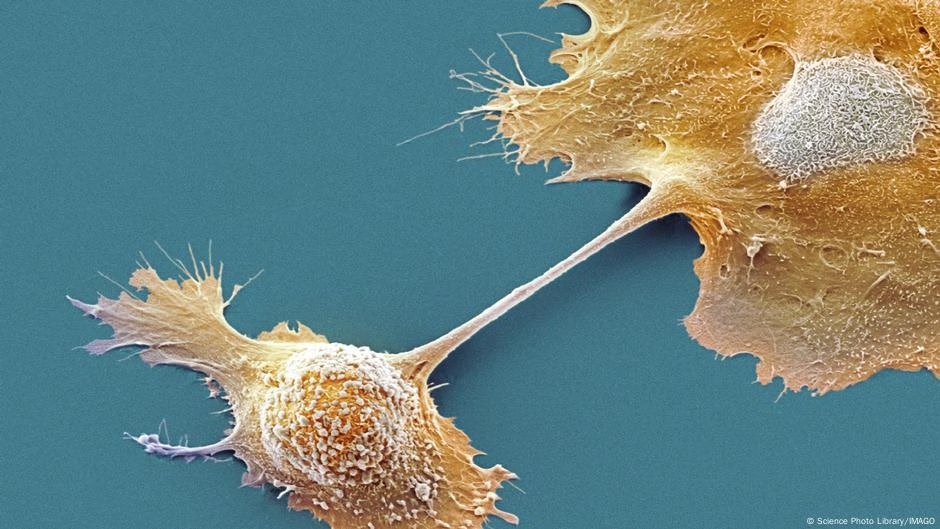As few as 1 in 10 people survive pancreatic cancer five years after diagnosis, making it the most difficult cancer to survive. Although the five-year survival rate is only 6-14%, there have been promising advances in diagnosis and treatment.
The biggest barriers to fighting pancreatic cancer are detecting tumors early and finding ways to remove them. Treatment is challenging because once the tumor is identified, it’s often too late to save the person. Scientists are making small but important advances in diagnosing and treating pancreatic cancer, which offers hope to the half a million people worldwide battling the disease.
Improving early detection is a key goal in pancreatic cancer research. Many researchers believe biomarkers, which are biological materials in the body that signify a particular disease, could be the answer. For example, a team from Trinity College Dublin, Ireland, analyzed patients’ blood samples for signs of cancerous biomarkers that have entered the blood from potential precancerous cysts. This method could indicate whether a pancreatic cyst could become cancerous or not.
Another form of early detection is a test developed by a team from Oregon Health & Science University (OHSU) in the US. The test can predict early-stage pancreatic cancer and targets a single activated protein known to “prime” the body for cancer growth. The test is 85% accurate when used alongside existing clinical tests.
New treatment options are also needed. One major challenge is the hard structure of pancreatic tumors, known as stroma, which shield the cancerous growth and make it difficult for treatments to reach and reduce the tumor. Scientists are working to understand how pancreatic tumors behave and interact with the body to create new treatments that can get past the stroma defense line. Additionally, researchers are exploring personalized mRNA vaccines and targeted drugs to combat the disease.
While progress is being made, there is still a long way to go in translating these findings into viable treatments for humans. Scientists are planning early clinical trials to test their methods but emphasize that it will take time before these treatments are available to patients. Collaboration among researchers is key to making quicker progress in the fight against pancreatic cancer.
Source: https://www.dw.com/en/scientists-find-promising-pancreatic-cancer-leads/a-71741449?maca=en-rss-en-all-1573-rdf







